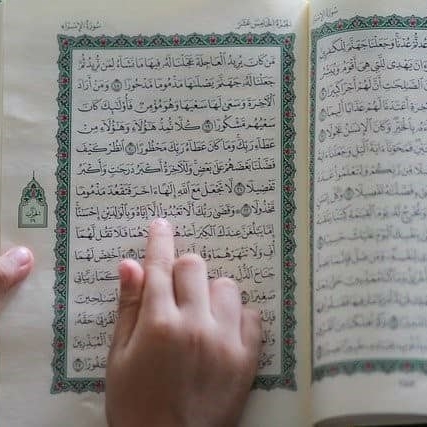Is There a Difference of Opinion on Whether Slaughtering (Qurbani/Udhiya) is Necessary, and How Does One Deal With Years of Makeups?
Hanafi FiqhMaliki FiqhShafi'i Fiqh
Answered by Shaykh Faraz A. Khan
Question: Assalaam-u-alaykum,
My understanding is that with regards to qurbani on Eid Al-Adha, in the Hanafi school, it is wajib upon everyone who:
1) is baaligh, 2) is sane, and 3) possesses wealth greater than or equal to nisaab
However, I rarely came across a household where more than one qurbani was taking place. I find this rather odd, because in Indo-Pak households women of the house generally have gold greater than the nisaab, yet only one qurbani is typically done.
This begs a few questions in my mind:
A. In the Hanafi school, is there a difference of opinion on whether qurbani on Eid Al-Adha is wajib or a lesser ruling (sunnah muakadah?) to persons meeting criteria 1-3 above?
B. Is there an exception on housewives versus working women (both owning gold exceeding nisab)?
C. Is there an exception on never-married girls who are still living with their parents and have gold exceeding nisab?
D. What are the requirements in the other 3 maddhabs concerning on whom qurbani on Eid Al-Adha is wajib? In the case of many consecutive years of past sins (of not having done qurbani when required to do so), can one adopt the ruling of one of these schools (*if* in fact they do not require it)?
I appreciate your time and consideration in clearing up these issues for me.
Jazakum Allahu Khayran!
Answer: Assalamu alaikum warahmatullah,
I pray this finds you in the best of health and states.
(1) The relied-upon position of the Hanafi school is that udhiya is mandatory (wajib) — this is the position of Abu Hanifa himself, as well as Imams Muhammad, Hasan ibn Ziyad al-Lulu’i and Zufar, as well as one of two narrations on Abu Yusuf. The other narration on Abu Yusuf is that it is an emphasized sunna.
Having said this, some Hanafi scholars such as Imam Tahawi relate that, while Abu Hanifa considered udhiya wajib, both Abu Yusuf and Muhammad deemed it an emphasized sunna. [Maydani, Lubab]
(2, 3) There is no exception for housewives vs. working women, nor for women that have never married. As you mention, any sane adult that possesses nisab (from any type of wealth, aside from basic personal needs) must perform his/her own udhiya.
(4) The Shafi’is, Hanbalis, and according to one narration, Imam Malik, deem udhiya to be an emphasized sunna. According to the other narration, Imam Malik deemed it wajib. [Kuwaiti Fiqh Encyclopedia]
If a Hanafi missed several years of udhiya, omitted neither deliberately nor out of negligence, then he/she could use the opinion of Abu Yusuf and the other schools with respect to the past. However, it remains superior to adhere to Abu Hanifa’s position and hence donate to the poor the market value of a sheep/goat for each year missed, especially if this does not entail a financial burden. The former is a legal dispensation, while the latter is the way of spiritual resolve and, assuming no undue hardship, greater taqwa.
And Allah knows best.
wassalam
Faraz
Checked & Approved by Faraz Rabbani
